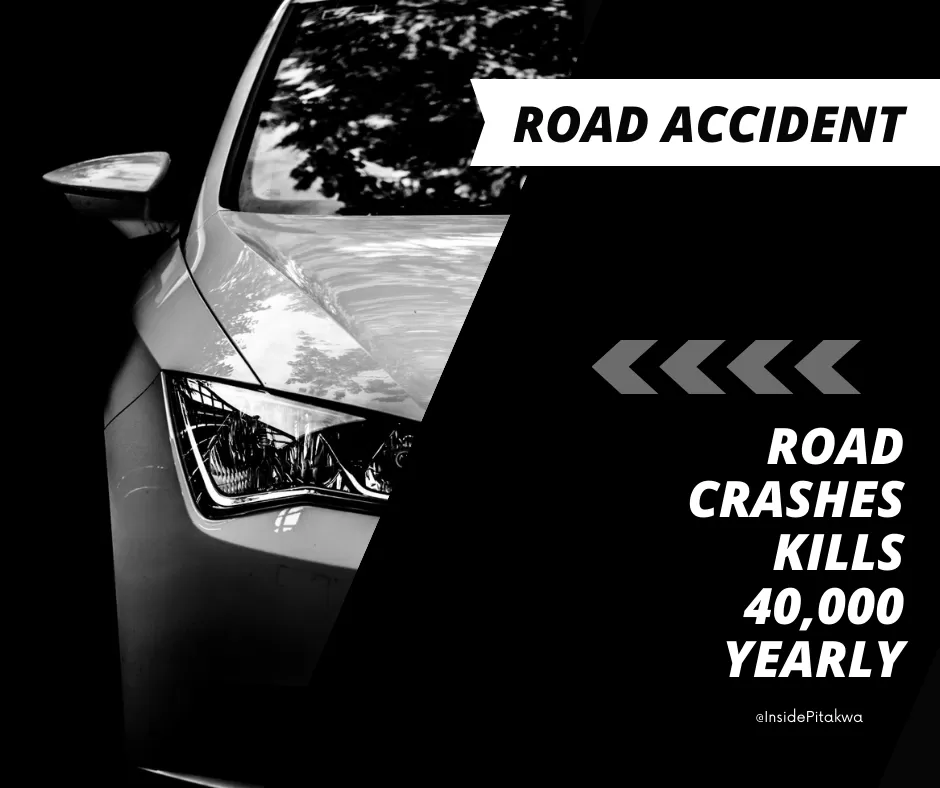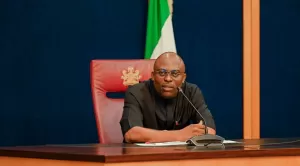Over 40,000 people killed yearly in Nigeria’s road crashes: FRSC
Over 40,000 people killed yearly in Nigeria’s road crashes: FRSC

The Federal Road Safety Corps (FRSC) says over 40,000 people die annually in Nigeria’s road crashes.
The FRSC revealed that 1.3 million people were killed, and as many as 50 million people get injured each year globally.
Dauda Biu, FRSC’s corps marshal, disclosed this on Monday in Abuja during activities marking the seventh United Nations Global Road Safety Week.
He said 1.3 million people were killed, and as many as 50 million people get injured each year globally.
“In Nigeria, over 40,000 persons die annually as a result of this avoidable scourge,“ Mr Biu said.
Read Also: 5 things to know for May 16: FBI, New Mexico shooting, Gas prices, Debt limit, AI
Round Trip Flights under $199◊ Use code RT21 to save even more! Book Now!
The FRSC boss mentioned that the United Nations had developed a global plan for the ‘Decade of Action for Road Safety 2021-2030’.
According to him, taking action to ensure safe roads, vehicles and behaviours, and improve emergency care, is paramount.
“The seventh UN Global Road Safety Week is focusing on sustainable transport with the slogan #RethinkMobility, which necessitates the urgent need to shift to walking, cycling and using public transport,” noted Mr Biu. “The key messages of this year’s event centres on the need for governments and their partners to rethink mobility.”
The FRSC corps marshal added, “Ensuring safety must be at the core of efforts to re-imagine mobility and thus road networks must be designed with the most-at-risk in mind.”
He, however, called on the government at all levels and partners to rethink mobility with a mindset of providing access to safe and affordable mobility systems for all.
Mr Biu stressed the need for the government to make available accessible, resilient, low and sustainable mobility systems to create livable cities that would fulfil the mobility needs of all.
He said this was to ensure safety at all costs, adding that the road network must be designed considering the vulnerable road users who were the most at risk in mind.
The FRSC chief noted that this would ensure that they feel safe walking and cycling, adding that this would further promote good health, sustainable cities and an equitable society.







